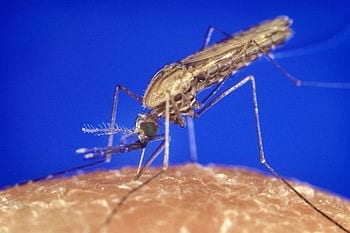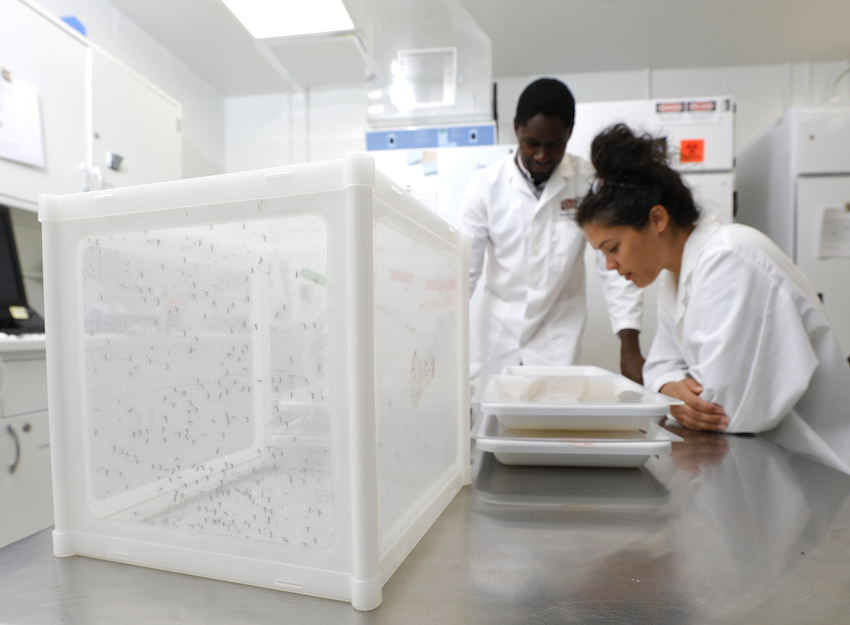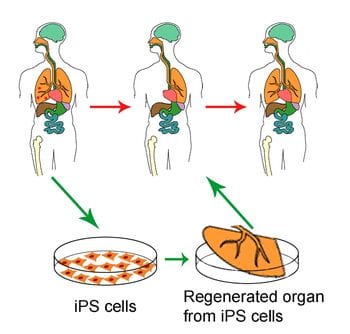
A MALARIA breakthrough by Scots researchers could pave the way to new drug treatments able to prevent transmission of the disease.
A study by scientists at Glasgow University and the Wellcome Trust Sanger Institute, near Cambridge, has unlocked the long-standing mystery of how the malaria parasite initiates the process of passing from human to human.
Malaria is transmitted to people through the bites of mosquitoes which have themselves been infected by the Plasmodium parasites that cause the disease.
The team has identified a single regulatory protein which acts as the “master switch” that triggers the development of male and female sexual forms – known as gametocytes – of the malaria parasite.
If the malaria parasite is unable to take that crucial sexual developmental step, then transmission of the disease can no longer take place.
The researchers spent more than three years using highly-sophisticated genome sequencing techniques to identify mutants of the protein which prevent the development of gametocytes.
The discovery means this “transmission switch” could be disabled in future through the development of new drugs.
Professor Andy Waters, director of the Wellcome Trust Centre for Molecular Parasitology at Glasgow University, said: “Malaria is the biggest parasitic disease killer that there is in the world, so clearly we need to combat that. There are drugs, but they are losing their efficacy because the parasite is becoming resistant. There is currently no vaccine.”
The Latest on: Malaria
[google_news title=”” keyword=”Malaria” num_posts=”10″ blurb_length=”0″ show_thumb=”left”]
via Google News
The Latest on: Malaria
- FG, States Must Be Committed To Malaria Eradicationon April 28, 2024 at 12:10 am
March 25, is World Malaria Day, held each year to raise global awareness of the life-threatening disease. With this year's theme, 'Accelerate the Fight Against Malaria for a More Equitable World', it is also a day to highlight the need for better political intervention in malaria control and prevention.
- Experimental NIH malaria monoclonal antibody protective in Malian childrenon April 26, 2024 at 12:23 pm
One injected dose of an experimental malaria monoclonal antibody was 77% effective against malaria disease in children in Mali during the country’s six-month malaria season, according to the results of a mid-stage clinical trial.
via Bing News










